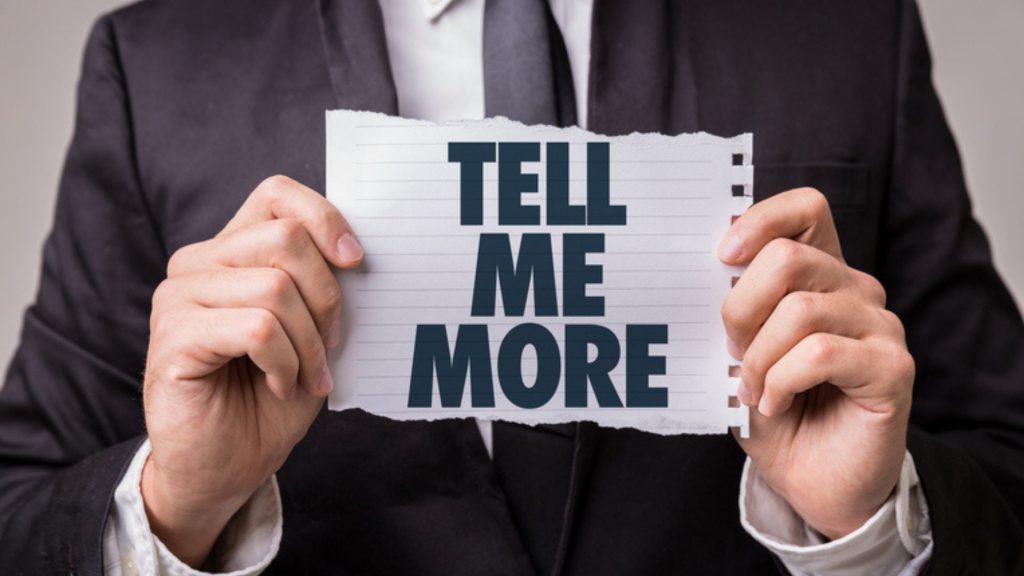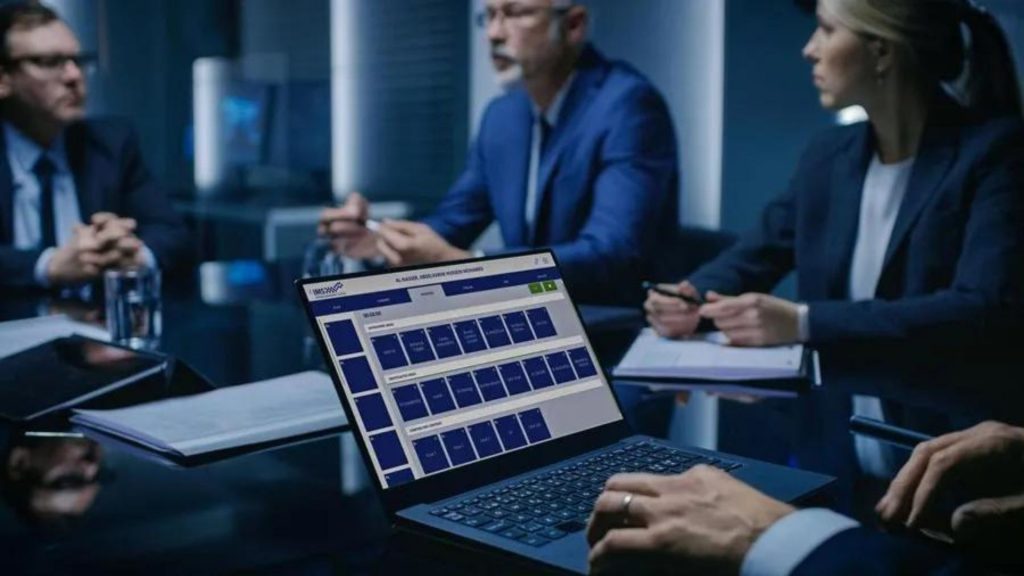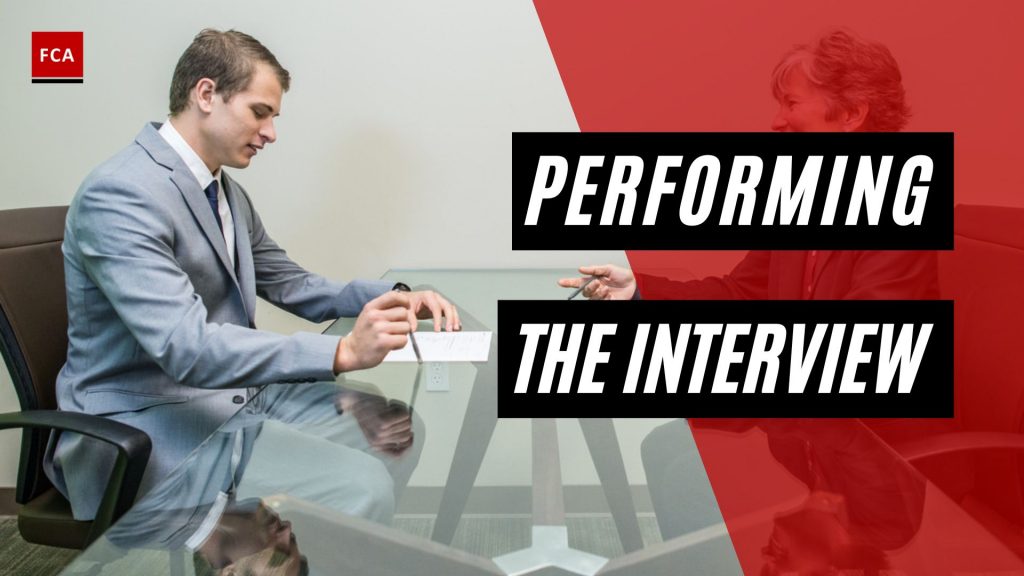Performing the interview. The investigator should begin every interview with a brief introduction that includes the reason for the interview and appropriate disclosures. Normally, the investigator will have a witness present to take notes and corroborate evidence. This individual’s role should be explained at the outset to put the witness at ease. He or she must be truthful about the purpose of the interview without breaching confidentiality. For example, opening remarks could be that the company is investigating certain complaints about unfair treatment of minorities.

Performing The Interview
A savvy investigator must keep confidentiality without making a direct promise. If a lawsuit is filed, the promise of confidentiality will be broken if a court compels exposure. However, an investigator must stress to the witness that the information provided must only be shared with management. Normally, the interviewer doesn’t need to tell the interviewee what other witnesses had to say except when interviewing the accused.
The investigator should never discuss opinions or outcomes with anyone while the investigation is pending. An investigator should always remain neutral and never take sides. He or she must remain focused, keeping the interview on track and moving forward to get as much information as possible. If the witness becomes emotional, remember to take a break. Focus on the prepared interview outline when the interview starts going off track.
Remember, the investigator must show trust while controlling the room. The complainant is usually the first to be interviewed. In incidents of harassment, discrimination, and possible retaliation, the employer must ensure the safety of the complainant. In all workplace complaints, the employer must focus on its legal obligations and ensure compliance with corporate policies. To this end, a clear message should be conveyed to the complainant that a thorough investigation will take place and the appropriate action taken. The employer also must protect the complainant from any sort of retaliation. The accused is most likely to be one of the next people interviewed. It is natural for a person who has been accused of wrongdoing to behave defensively.
The investigator must assure the process due to the accused. The investigator should be careful not to give the impression that they are out to get the accused or have predetermined guilt of the accused. At the same time, the investigator should make it evident that the company takes the complaint seriously and intends to conduct a thorough, impartial investigation. The accused should also be reminded that the company has a legal obligation to investigate.

Put concerns about defamation into view. An investigator should assure the accused that the company is conducting its investigation in a manner that will prevent harm to reputations by keeping the investigation as confidential as possible and gathering the facts before making any decisions. This is the perfect time to restate any corporate rules, zero tolerance mandates and to advise that if found to have committed the offense at issue, the accused is subject to discipline up to and including immediate termination.
Listen carefully and follow up on all issues that arise, even unexpected ones. An investigator should avoid being hyper-focused on a list of questions to the extent that it stops the witnesses from revealing other points that may be relevant. Relevant issues can be uncovered with the aid of open-ended, non-leading questions. For instance, an investigator may ask the accused to describe their working relationship with the complainant or to describe the office environment.
An investigator may want to begin in a non-confrontational way by asking the accused about background information. After drawing out as much information as possible from a witness on a given point through the use of open-ended questions, the investigator should ask more pointed questions while making sure to ask the accused about each specific accusation made by the complainant. After meeting with the complainant and the accused, the investigator often faces a “he said/she said” situation. While the truth often lies somewhere in between, other witnesses are vital sources of information to balance the facts. Interviewing other witnesses is also like interviewing the complainant and accused.
Carefully consider what the aim of the meeting with each witness is and tailor the meeting for that purpose, limiting the information revealed about the situation to the greatest extent possible. The investigator should make sure to review and examine the preliminary investigation outline thoroughly that was drafted and write relevant topics for each key witness. The investigator should encourage the witness to contact him/her after the interview if they think of anything else that might be relevant to the case and they forgot to tell them. Remind the witness of the importance of confidentiality and secrecy.
Final Thoughts
In most investigations, interviews are the primary tool used by investigators to learn what happened. Investigators must frequently rely almost entirely on statements from key players and witnesses, who may contradict one another. If the main players flatly deny each other’s claims, you must determine who is telling the truth.








